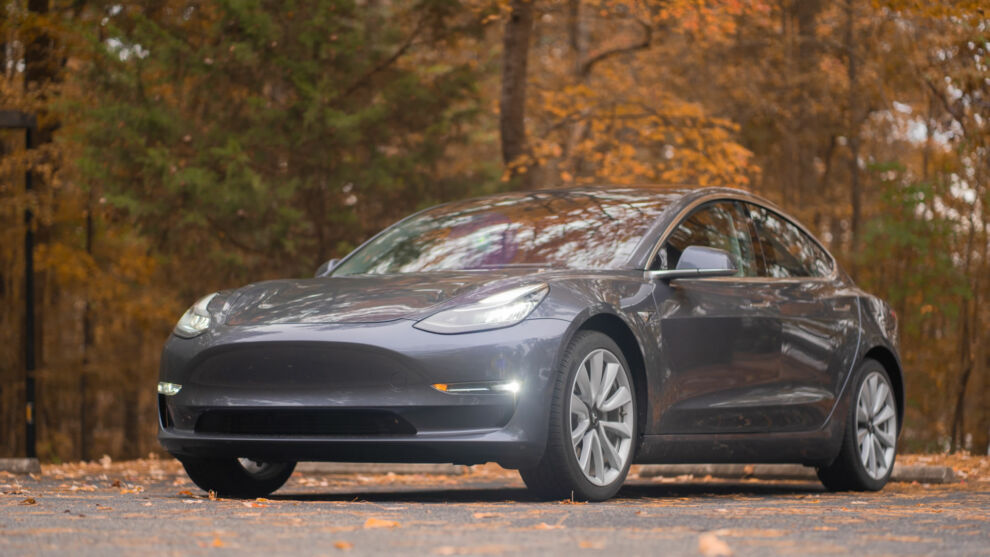Texas Self-Driving Car Laws
Self-driving cars are the future of transportation, and it’s only a matter of time before they become the norm. With that in mind, it only makes sense that states are starting to enact laws to make sure SDCs operate safely and with guidelines in place. Self-driving car laws in Texas are still in their infancy, but they’re a start.
Below is everything you need to know about operating a self-driving car in the Lone Star State.
Self-Driving Vehicle Requirements in Texas
Texas laws currently do not require SDCs to be driven by a human, or even be connected to a specific network. Before you start operating a self-driving car in Texas, you’ll need to double-check your vehicle requirements as there are a few things you’ll want to make sure your SDC features before going live.
- A self-driving car in Texas must feature a completely autonomous mode. This means you won’t have to be behind the wheel at all, including during driving and parking.
- SDCs must also feature a Level 4 autonomous mode, which allows the car to drive itself at low speeds and in congested areas.
- You’ll also need to make sure your car is equipped with a high-definition camera, radar, lidar, and sensor.
Current Self-Driving Vehicle Laws in Texas
Texas self-driving car laws are still in the early stages, but they are continuously being looked at. In addition to meeting the requirements for SDC licenses, companies must also have a special permit from the state. This permit is only granted to companies who have a presence in the state, and the transportation institute must review their safety measures before being granted a permit.
Texas currently only has one law regulating self-driving cars. It’s a law rule passed in January 2018 that requires SDCs to “drive only on highways with a posted speed limit of 65 miles per hour or less.”.
This law also has one major loophole. Under the law, SDCs can only operate on public roads, not private ones. So, technically, SDCs don’t need a permit to operate in Texas.
Operation of a Self-Driving Vehicle
If a Texas self-driving car is properly licensed and has the proper permits, it can operate autonomously. You can operate an autonomous car in Texas in two ways: remotely and autonomously. You may operate a car remotely and control its settings, including how fast it drives and when it brakes.
Operating the vehicle autonomously is where things get interesting.
According to the Texas Transportation Institute, SDCs must have a special permit from the state, like any other type of autonomous vehicle. Autonomously means the car can drive itself with no remote control needed. This allows SDCs to eliminate human error and let the car navigate itself with no risk of crashing.
While autonomously operating a vehicle in Texas is permitted, you must follow certain guidelines. First, your car must have a special permit from the state and only operate on public roads. Second, you must have a human in the driver’s seat who can take control if there is an emergency or a vehicle collision.
Requirements for SDC Owners
As mentioned above, SDCs must have a special permit from the state. In addition to the state permit, SDCs must also have an insurance policy that covers accidents or injuries. And, again, like any other autonomous vehicle, SDCs must also have a driver or supervisor behind the wheel who has a license.
As you can see, operating a self-driving car in Texas is a lot different than operating a human-driven vehicle. This will likely change in the coming years as more states including Texas begin implementing more specific laws to regulate self-driving cars.
What’s Next for Self-Driving Cars in Texas?
While self-driving car laws in Texas are still in their infancy, they’re gaining momentum. Texas government passed a bill in 2018 allowing SDC testing on the state’s highways. This bill also allows these companies to create a network that will allow the cars to navigate safely.
While it’s clear that SDCs are a hot topic in Texas, there is some concern that they may become a nuisance to other drivers. As a result, some cities are banning them. However, most are trying to balance the benefits of self-driving cars against the risks.
For example, Austin, the state capital, has a SDC law, but some drivers are concerned about autonomous cars getting on the road. So, they’ve passed a law that restricts SDCs to a certain part of the city. And, in Houston, some are worried about SDCs creating a traffic jam. As a result, the city is considering a law that would make it illegal to operate SDCs.
Learn more:
